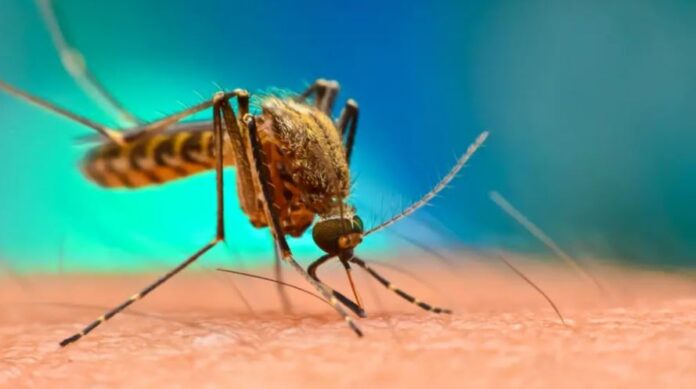Bogota, Colombia – The Colombian government declared a nationwide health emergency on Wednesday in response to a surging yellow fever outbreak. Health Minister Guillermo Alfonso Jaramillo reported 74 confirmed cases and 34 deaths since the beginning of 2024, underscoring the urgent need for action.
Yellow fever, a viral hemorrhagic disease, is transmitted through bites from infected Aedes and Haemagogus mosquitoes. These day-biting mosquitoes thrive in both urban and jungle environments, spreading the virus from infected humans or non-human primates, such as monkeys, to others. Symptoms range from fever, headache, and muscle pain to severe cases involving jaundice, liver failure, and bleeding, with a fatality rate nearing 50% in serious cases.
Also Read: WHO Edges Toward Binding Treaty on Pandemic Preparedness
The outbreak has hit hardest in Tolima, central-west Colombia, with 22 cases reported. Jaramillo warned that the disease, historically confined to the Amazon region, is now spreading to new areas, possibly due to climate change and increased human-mosquito interactions.
A highly effective vaccine offers lifelong protection against yellow fever, yet low vaccination coverage in some areas has fueled the epidemic. The government is ramping up vaccination campaigns and mosquito control measures, urging residents to seek immunization and avoid high-risk zones.
As Colombia battles this deadly outbreak, international health organizations like the WHO and PAHO are monitoring the situation, emphasizing the need for swift action to prevent further spread. Travelers to affected areas are advised to get vaccinated at least 10 days before departure.
What is Yellow Fever?
Yellow fever is a viral hemorrhagic disease transmitted by infected Aedes and Haemagogus mosquitoes, which bite during the day. Common in tropical regions, the virus spreads from infected humans or primates, like monkeys, thriving in both urban and jungle settings. Climate change and low vaccination rates have fueled its spread beyond Colombia’s Amazon region.
Symptoms
Symptoms typically appear 3–6 days after a mosquito bite. Most cases are mild, presenting:
- Fever and chills
- Headache and muscle pain
- Nausea and fatigue
About 15% of cases progress to a severe phase within 24 hours, with:
- Jaundice (yellowing of skin, hence the name)
- Abdominal pain and vomiting
- Bleeding from the nose, mouth, or stomach
- Liver and kidney failure
Severe cases have a fatality rate of 20–50%.
Medicines and Treatment
No specific antiviral drug exists for yellow fever. Treatment focuses on symptom relief:
- Rest and hydration
- Pain relievers like acetaminophen (avoid aspirin or NSAIDs due to bleeding risks)
- Hospital care for severe cases, including IV fluids and oxygen
Prevention
A single-dose vaccine provides lifelong immunity and is highly effective if administered 10 days before exposure. Colombia is intensifying vaccination drives and mosquito control to curb the outbreak.



